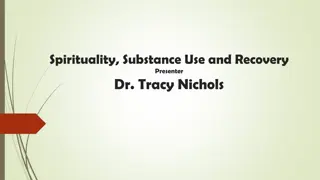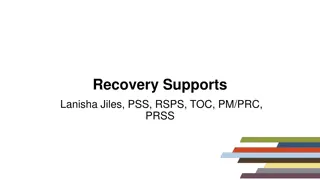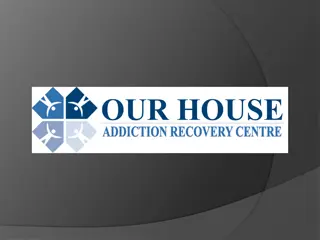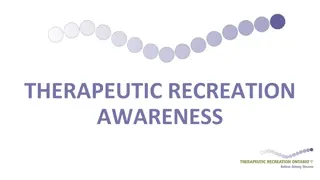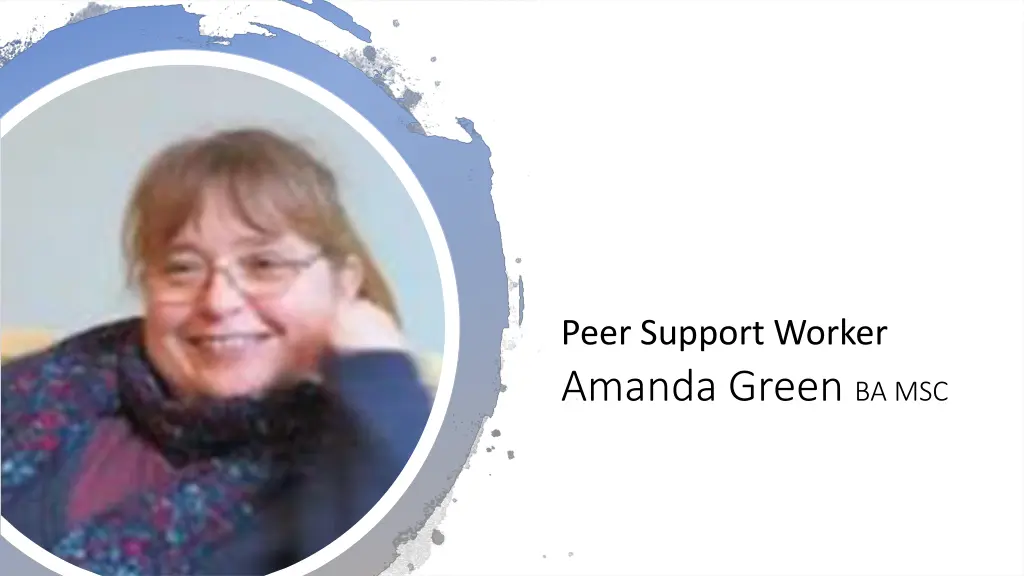
Building Positive Therapeutic Relationships in Mental Health
Explore the importance of self-disclosure, reciprocal sharing, and organizational barriers in creating effective therapeutic relationships within mental health settings. Learn from peer support workers and mental health professionals to enhance treatment outcomes and mutual understanding.
Download Presentation

Please find below an Image/Link to download the presentation.
The content on the website is provided AS IS for your information and personal use only. It may not be sold, licensed, or shared on other websites without obtaining consent from the author. If you encounter any issues during the download, it is possible that the publisher has removed the file from their server.
You are allowed to download the files provided on this website for personal or commercial use, subject to the condition that they are used lawfully. All files are the property of their respective owners.
The content on the website is provided AS IS for your information and personal use only. It may not be sold, licensed, or shared on other websites without obtaining consent from the author.
E N D
Presentation Transcript
Peer Support Worker Amanda Green BA MSC
The use of self to build recovery- focused therapeutic relationships: learning lessons from peer support applying to all mental health professionals This Photo by Unknown Author is licensed under CC BY-NC-ND
Its all about how I see myself
Theme #1: A positive therapeutic relationship is linked to good treatment outcomes
Theme #2: service users value therapeutic relationships which are reciprocal with mutual sharing of experiences and personal disclosure This Photo by Unknown Author is licensed under CC BY-NC
One- directional relationships leaves one person diminished rather than enhanced This Photo by Unknown Author is licensed under CC BY-NC-ND
Theme #3: self- disclosure is common among mental health professionals, but controversial and difficult to delineate This Photo by Unknown Author is licensed under CC BY-NC-ND
Theme # 4: service users and mental health professionals view the therapeutic relationship differently and value different things within it This Photo by Unknown Author is licensed under CC BY-NC-ND
Theme # 5: Organisational structure and policies are a perceived barrier to creating positive therapeutic relationships
Theme # 6: Lack of training programmes which train in accordance with current empirically supported attitudes to therapeutic relationships








